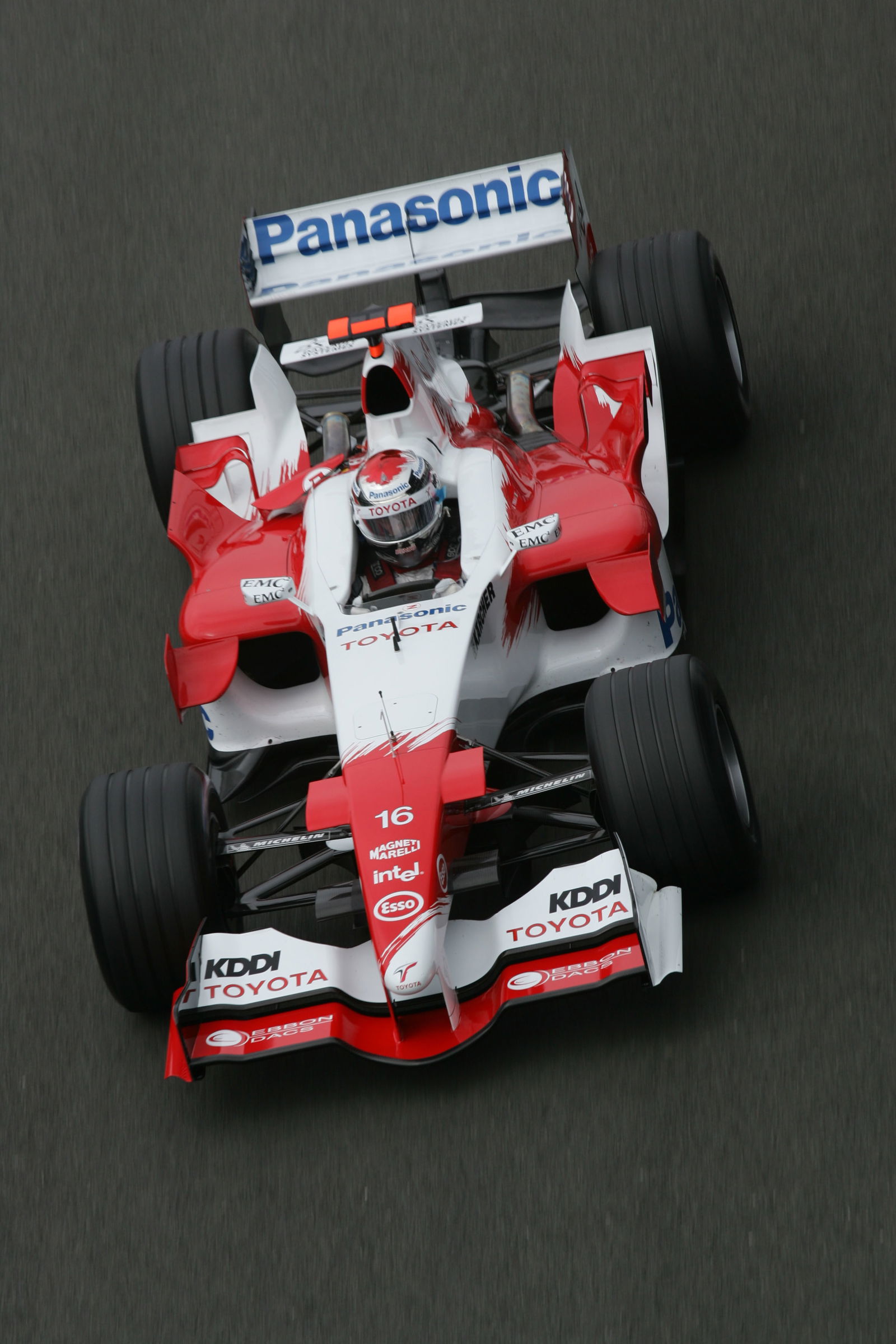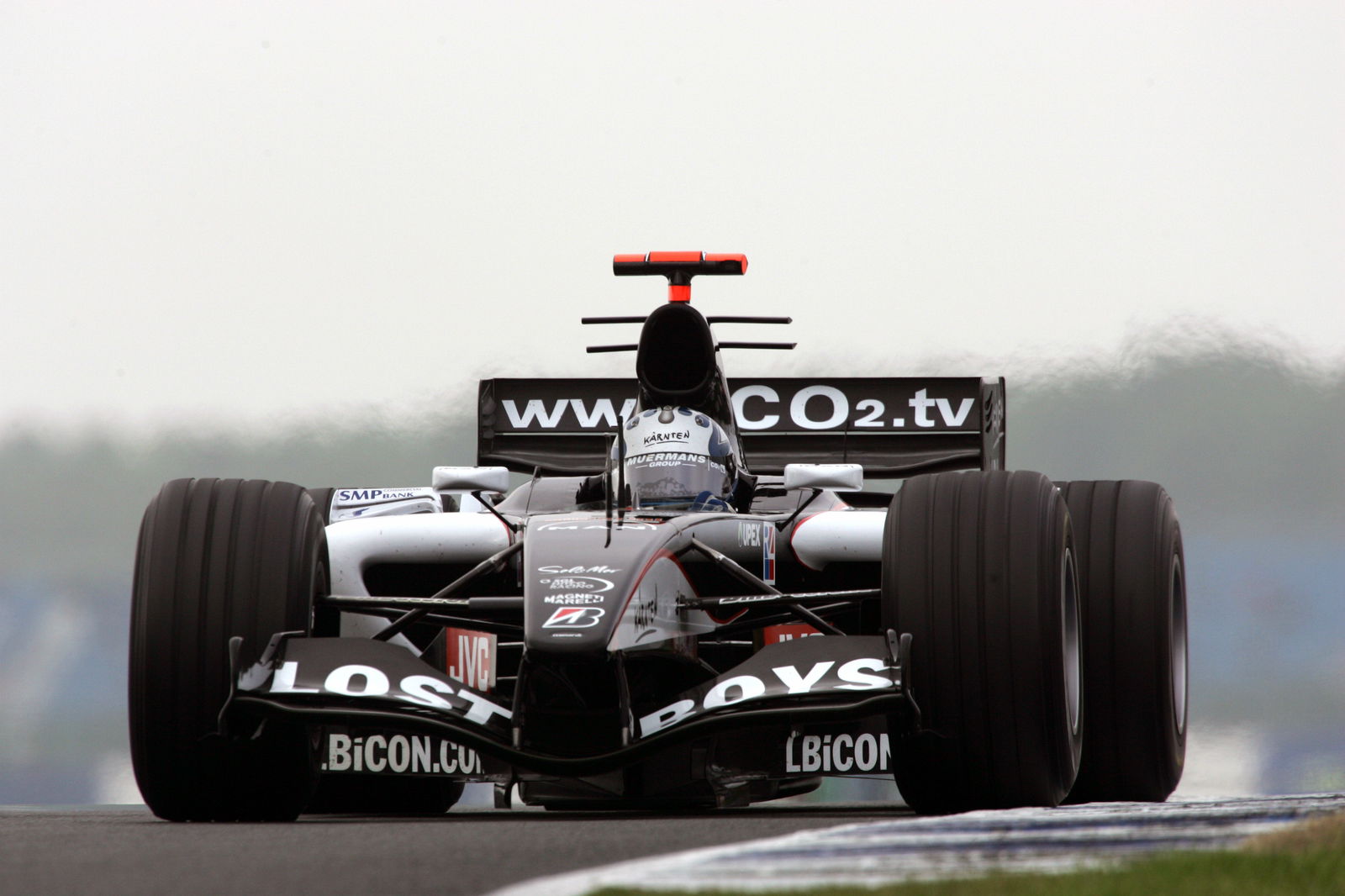Ofcom reprimands ITV over San Marino coverage.
British broadcaster ITV was wrong to have cut to an advertising break during the closing laps of the San Marino Grand Prix, according to the national television watchdog Ofcom.
The supervising body's latest report claims that 126 viewers complained about various aspects of ITV's coverage of the event, with particular focus falling on the ill-timed positioning of advertising breaks.
British broadcaster ITV was wrong to have cut to an advertising break during the closing laps of the San Marino Grand Prix, according to the national television watchdog Ofcom.
The supervising body's latest report claims that 126 viewers complained about various aspects of ITV's coverage of the event, with particular focus falling on the ill-timed positioning of advertising breaks.
The main complaint centred on the break - and its duration - taken as the race reached a climax with Michael Schumacher right on heels of Fernando Alonso with just five laps to run. The break, which lasted two-and-a-half minutes, finished just before the final lap, incensing viewers, who complained that its location and duration were 'unacceptable, depriving viewers of live coverage of a vital part of the race and destroying the tension that had built up during the event'.
Most suggested that the break could - and should - have been placed elsewhere, either within the race or, preferably, in pre- or post-race sections of the programme. Parallels were drawn between the channel's coverage of football and F1, likening the positioning of the final race break to cutting to advertising during a penalty shoot-out in a cup final. Replaying the 'missing' laps was no compensation, the complainants insisted, particularly as the result was already known.
There were further complaints that a subsequent break followed not long after the culmination of the race, meaning that third-placed Jenson Button's contribution to the ensuing press conference was missed, depriving British fans of hearing the views of one of the two British drivers in the race.
A number asked that the coverage be handed back to the BBC.
Ofcom agreed that ITV had failed to comply with Section 6.7(b) of the Rules on Amount and Scheduling of Advertising, dealing with natural breaks in sports programming. The rule states that, in live coverage of long continuous sporting events, breaks may be taken 'at points where the focus of coverage shifts from one point to another of the event'.
Responding to the criticism, ITV accepted that the final break had been in breach of Section 6.7, having been taken at an inappropriate time, but argued that 'the San Marino Grand Prix had had an exceptional ending where, for the last 15 minutes, Michael Schumacher was vying to overtake Fernando Alonso'.
"The production team would normally wait for the outcome of the situation to avoid being in a break at the crucial moment," the report quoted from ITV's defence, "As the race progressed, the point at which the last race break would normally be taken passed and a judgement call was required. To take a break before the situation was resolved could have resulted in missing the action. With time running out, the decision was eventually made to take the break. In retrospect, the break should have been taken earlier but, at the time, it had been a difficult call to make."
The broadcaster also played down the analogy between football and F1, claiming that the two sports led to very different coverage techniques, with the football focus remaining on the ball, while F1 coverage flitted to various areas of action, with replays covering anything missed while cameras were focused elsewhere - including commercial breaks.
The second complaint, regarding the missed portion of the press conference, was linked to the late race break and the decision to reply the laps lost to the commercials.
Summing up, Ofcom confirmed that it 'acknowledged the points made by ITV about its coverage of F1 and recognised the problems faced in finding an appropriate point for the final race break due to the way the race had developed', but determined that the broadcaster had breached Section 6.7(b) of the industry rules.

